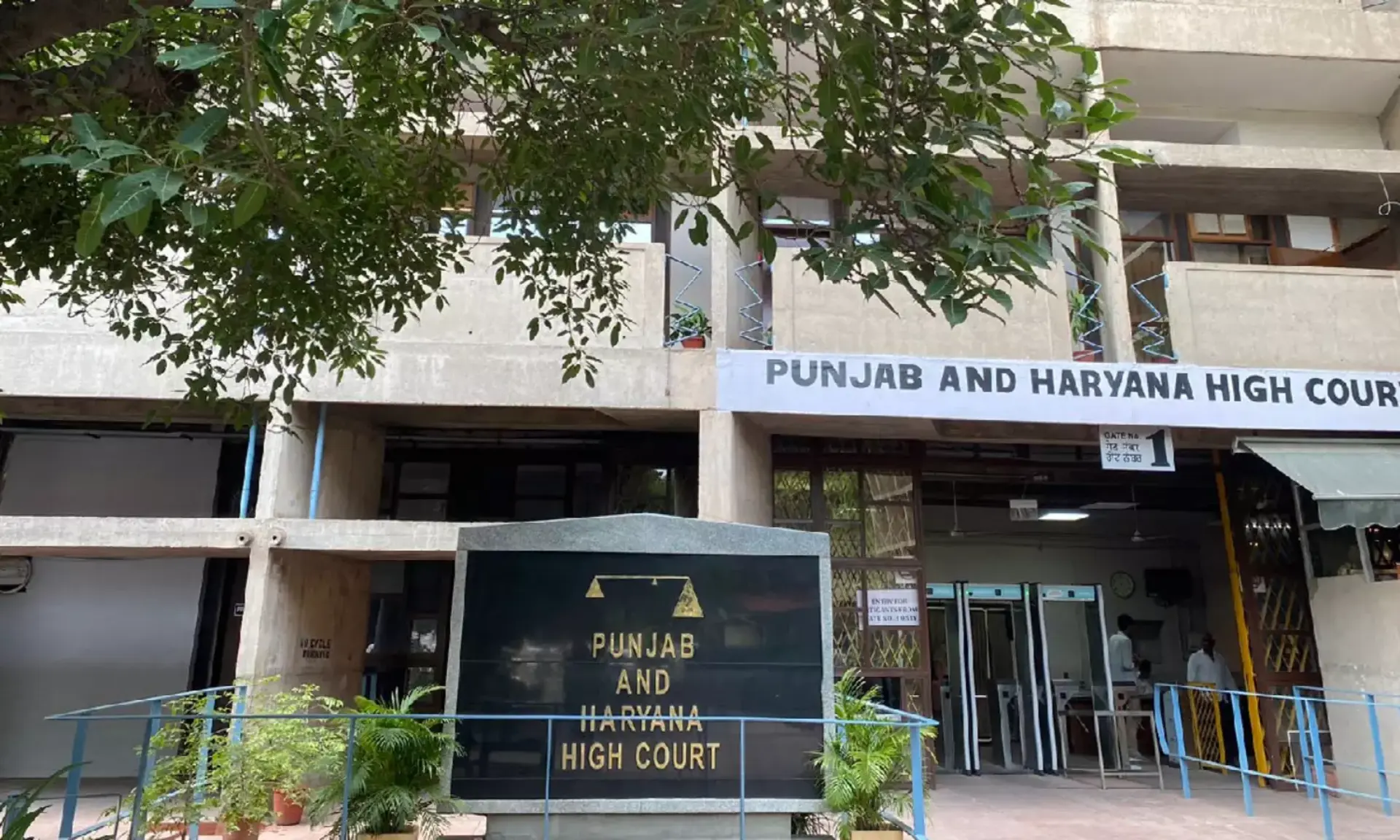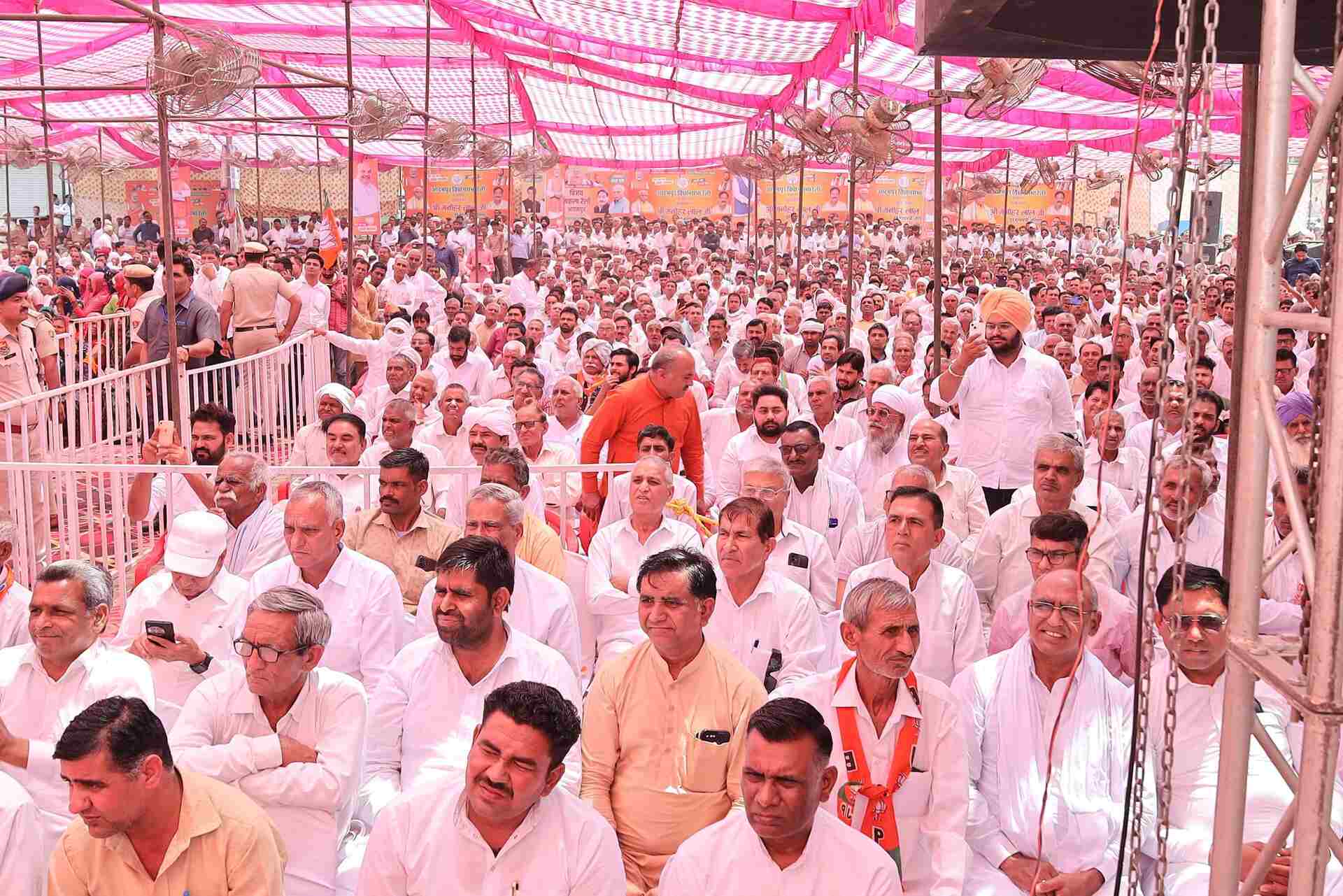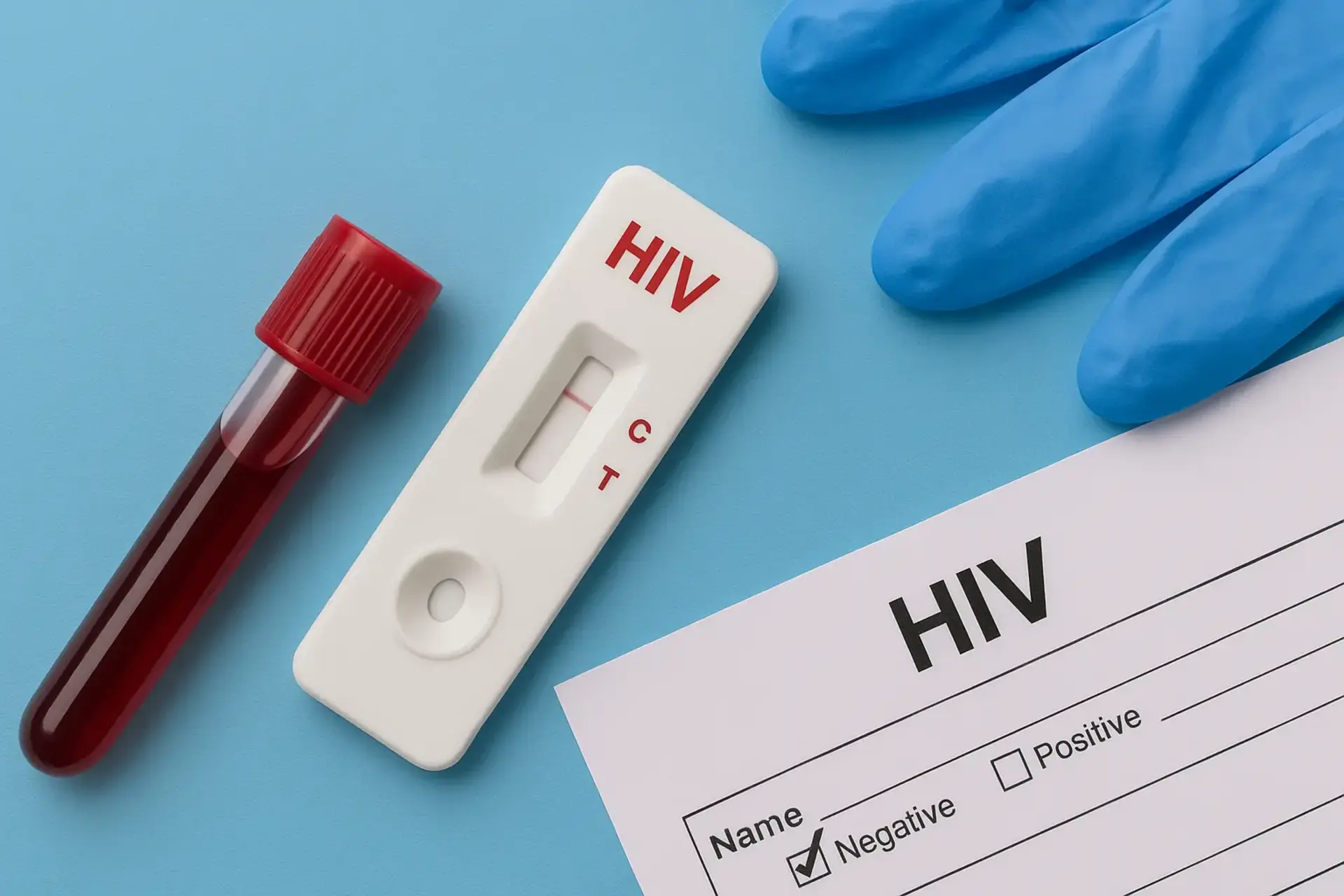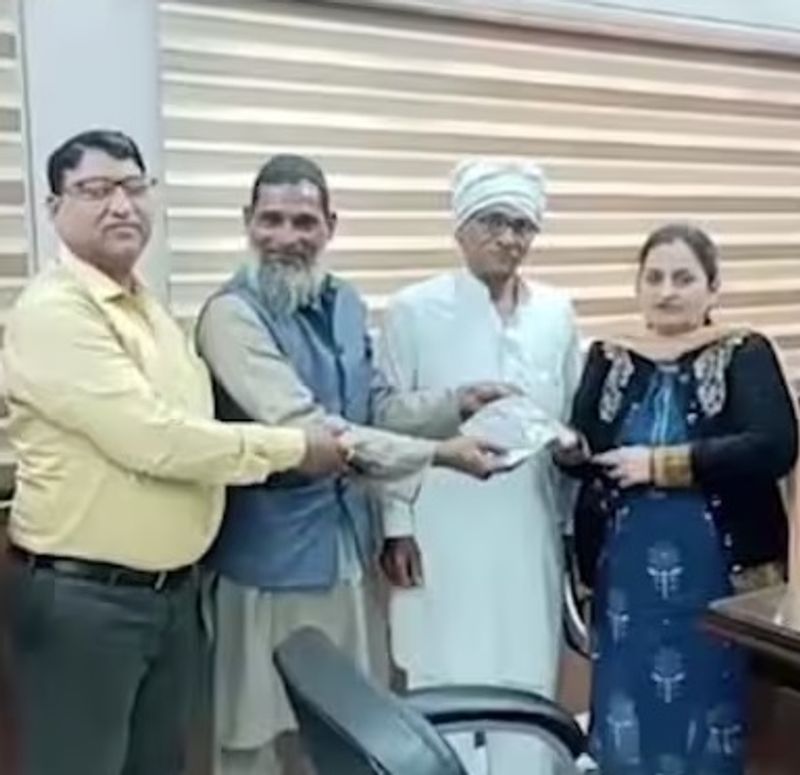
The Chief Electoral Officer (CEO) of Haryana, Sh. Anurag Agarwal, has issued strict guidelines to political parties and candidates contesting the upcoming elections. In a bid to maintain the sanctity of the electoral process, the use of school and college playgrounds for election rallies has been prohibited across Haryana and Punjab, as per the directives of the Punjab and Haryana High Court.
Addressing the media in Chandigarh on May 3, Agarwal emphasised the need for upholding the Model Code of Conduct (MCC) during the election campaign. He stated that the sentiments of voters must not be influenced based on caste, religion, or community affiliations, and that high standards of conduct must be maintained throughout the campaign period.
"Citizens of India have the right to freedom of expression under Article 19 (1) (a) of the Constitution," Agarwal said. "However, the objective of the Model Code of Conduct is to ensure a level playing field for all parties and candidates."
The CEO further clarified that religious places such as temples, mosques, churches, and gurudwaras cannot be used for election campaigns, nor can speeches, posters, music, or any other election-related material be displayed or distributed in these premises.
In a stern warning to star campaigners, Agarwal stated that the Election Commission has directed the Chief Electoral Officer, District Election Officers, Returning Officers, and Observers to take appropriate action against any violations of the election code of conduct. "The Election Commission has made it mandatory for the Chief Election Officer and District Election Officers to maintain a register according to the parties for monitoring violations of the Election Code of Conduct," he added.
The register must include the names of candidates, campaigners, and political parties, along with a brief note on the date of violation, action taken, and brief comments on orders passed by the Election Office or Election Commission. Agarwal emphasised that cases of violation must be addressed impartially, and interested parties, including the media, can provide input on these.
Furthermore, the use of photographs or programs featuring defence personnel in advertisements during the election campaign has been strictly prohibited. This move aims to prevent the politicisation of the armed forces and maintain their non-political stance.












